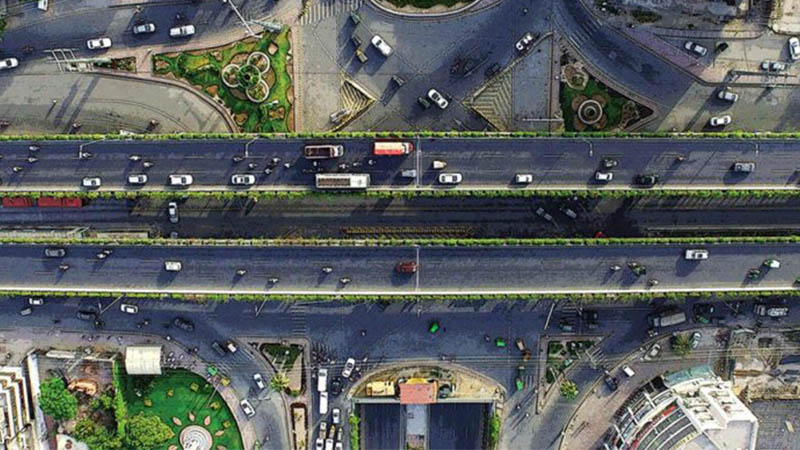In a revealing summary presented to the Annual Plan Coordination Committee (APCC) and the National Economic Council (NEC), the Ministry of Planning, Development and Special Initiatives has highlighted severe mismanagement in the country’s development programme. This report underscores that budgetary allocations are increasingly funneled into constituency politics and deficit financing, rather than fulfilling the nation’s infrastructure and growth potential. This diversion of funds directly contravenes the directives of the NEC, the highest economic decision-making body.
The ministry has called for urgent corrections in the next year’s budget to realign with NEC’s financial guidelines. It emphasised that the Ministry of Finance should ensure the availability of foreign exchange components when needed, exempt development spending from austerity measures, and avoid deducting cash development loans (CDLs) at the source. Moreover, it urged against diverting development funds to non-development activities.
The summary criticised the Ministry of Finance’s claims of surpassing the primary balance targets, arguing that this fiscal success was achieved at the expense of crucial development projects. The delay and increased costs of these projects not only extend beyond repeated annual deadlines but also incur significant opportunity costs.
For the current fiscal year, the Public Sector Development Programme (PSDP) was slashed by 25 per cent to Rs717 billion, significantly below the Rs950 billion approved by the NEC and parliament. Looking ahead, the PSDP faces critical challenges, with ministry and division demands reaching Rs2.8 trillion. The project backlog has surged to Rs9.8 trillion from Rs3 trillion in 2013-14, yet PSDP allocations have stagnated at an average of Rs630 billion over the past decade. At this rate, completing ongoing projects would take 16 years if no new projects are initiated.
The Planning Commission highlighted that the PSDP’s share of GDP has dwindled from 1.7pc in 2013 to 0.9pc in 2023-24. Inflation and rupee depreciation further erode the real value of PSDP allocations. Additionally, the IMF programme’s fiscal constraints have led to cuts in development spending, exacerbating the nation’s investment shortfall.
Last year, the NEC approved policy guidelines to ensure smooth execution of development projects, including a 25pc fund release per quarter, non-deduction of CDLs from PSDP funds, and exemption from austerity cuts. However, the Finance Division implemented a back-loaded release strategy, significantly deviating from NEC guidelines, with quarterly releases of 15pc, 20pc, 25pc, and 40pc.
Furthermore, of the Rs131 billion released in the first quarter of this fiscal year, nearly half was allocated to Sustainable Development Goals (SDG) schemes, primarily benefiting parliamentary constituencies ahead of elections. Only Rs69.74 billion was left for other PSDP projects. An additional Rs20 billion was diverted to non-development activities, and a 20pc cut in the fourth-quarter releases reduced the PSDP size from Rs950 billion to Rs746 billion.
Compounding these issues, Rs29 billion was deducted at source for CDL recovery, effectively reducing the PSDP to Rs717 billion. Ministries and divisions have repeatedly highlighted obstacles such as procurement restrictions, CDL deductions, skewed release strategies, and the need for rupee cover for foreign-aided projects.
The Planning Commission urged the NEC to preemptively address CDL repayment issues to prevent adverse impacts on project timelines and costs. It also criticised the inclusion of provincial projects in the federal PSDP, which hampers the progress of core national mega-projects. Despite the pressing demands, only 10pc of the total development budget is available for new projects, focussing on strategic and core ongoing projects with at least 80pc completion, particularly in water, transport, and energy sectors. Provincial projects, except those in the 20 least developed districts, are excluded from the federal PSDP.
